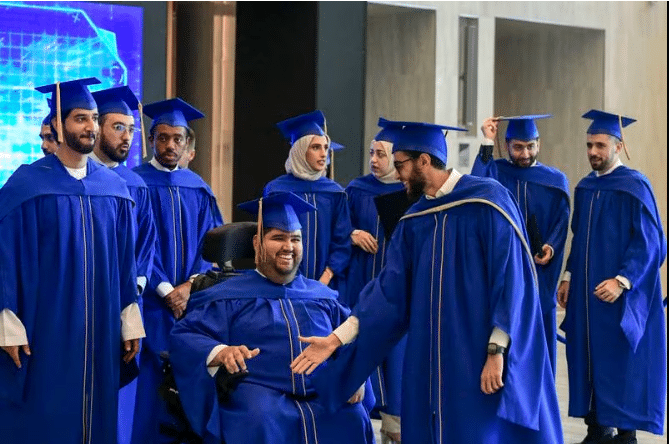The Mohamed bin Zayed University of Artificial Intelligence (MBZUAI) in Abu Dhabi has successfully obtained a patent for an innovative tool designed to learn and reproduce individual handwriting styles. Initially developed to aid those with disabilities preventing conventional writing, this AI technology, initially focused on English, is now being adapted for languages such as Arabic.
However, generating Arabic handwriting poses a unique challenge due to the distinctive connected nature of its letters. Despite this, the university envisions broad applications, particularly for individuals with disabilities and those wishing to replicate foreign language writing styles.
The adaptability of this technology extends beyond aiding disabilities; it also holds promise for enhancing machine learning models by analyzing extensive amounts of handwritten data. Salman Khan, an associate professor at the university, expressed satisfaction with the technology’s performance, noting that users struggled to distinguish between genuine and replicated handwriting.
What sets this research model apart is its efficiency, requiring only a few paragraphs of original handwriting for training. Nevertheless, the university remains cautious about potential misuse, recognizing that handwriting is a reflection of a person’s identity.
Established in 2019 and operational since 2020, Mohamed Bin Zayed University is the world’s first dedicated AI university, and has achieved significant milestones in AI education. As 2023 concludes, Eric Xing, MBZUAI president, takes pride in the university’s accomplishments and emphasizes ongoing efforts to train the next generation of AI specialists, contributing to the advancement of human development in this critical field.


